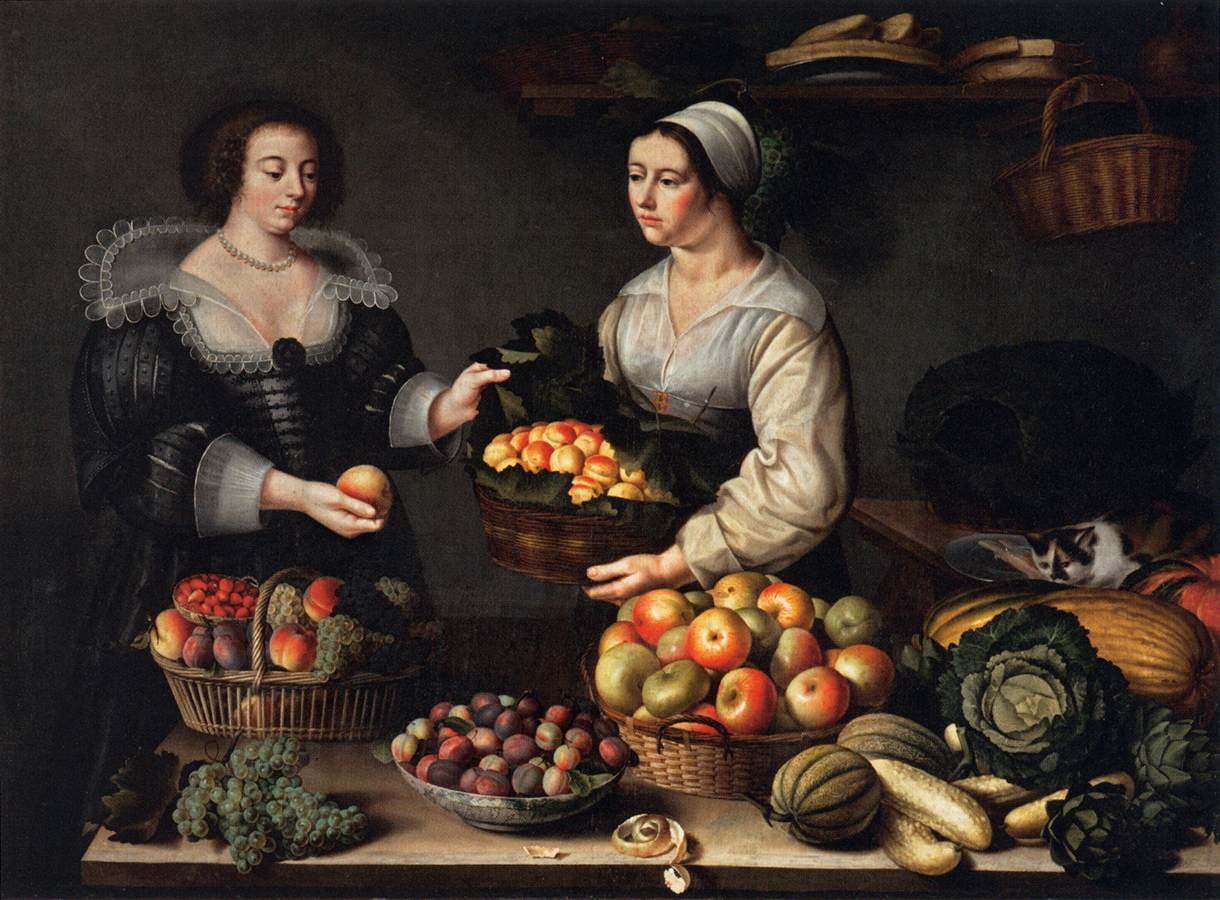Smith’s Women
By Connie Lapallo
Four women, Smith tells us, stand out as entering his life at crucial moments. Women, not men. Of romantic attachments (always short of marriage), there is suggestion but no record of a partner of either sex. However, friends and loyal supporters, women among them, are numerous.
He lists the four in his dedication of The General History to Frances née Howard (well out of his range but a willing patroness and the widow of the duke of Hertford, an old friend). He writes,
Frances Howard (c. 1578-1639), the “double Duchess” of Lennox and Richmond, paid for the publication of The Generall Historie.
Laura Polanyi Striker Ph.D. (1882-1959)
“Yet my comfort is that heretofore honorable and virtuous ladies, and comparable but amongst themselves, have off’red me rescue and protection in my greatest dangers. Even in foreign parts, I have felt relief from that sex. The beauteous Lady Tragabigzanda, when I was a slave to the Turks, did all she could to secure me. When I overcame the Bashaw of Nalbrits in Tartaria, the charitable Lady Callamata supplied my necessities. In the utmost of many extremities, Pocahontas, the great king’s daughter of Virginia, oft saved my life. When I escaped the cruelty of pirates and most furious storms, a long time alone in a small boat at sea, and driven ashore in France, the good lady Madame Chanoyes bountifully assisted me.” (The Generall Historie, p. xxiv)
The “Hungarian Pocahontas”
No surprise, then, if a fifth has come forward to lend critical assistance in the mid-twentieth century, namely to retrieve Smith’s reputation and memory. We call attention to the “Hungarian Pocahontas,” Dr. Laura Polanyi Striker. Her research into Smith’s central European campaigns, substantially confirming his True Travels, and published in an appendix in Bradford Smith, enabled both him and Philip Barbour to write their biographies.
Valuing Her Insight?
What was the value of a woman’s opinion in Smith’s days? We find few to no women quoted in the Jamestown records. Occasionally women’s plights are mentioned, as when in the 1626 court records we find that over a decade earlier Sir Thomas Dale ordered Anne Laydon to be whipped. Being pregnant, Anne miscarried the same night. The mention here was mainly to demonstrate the violent punishments during the time of Sir Thomas Dale.
Joan Peirce’s fig orchard—the earliest in the New World
Yet Smith, in his desire to hear settlers’ opinions and achievements and not simply the official narrative, does appear to have interviewed colonist Joan Peirce (spelled many ways.) Mistress Peirce’s achievement was a large orchard of fig trees. These figs weren’t native to Virginia. She had imported them from Bermuda. Smith’s mention of Joan Peirce places her in horticultural history for growing the first fig orchard on record in the New World. Beyond that, Smith notes that “of her own provision” she can keep a good house. Joan Peirce, wife of Capt. William Peirce, is both married and self-sufficient in Virginia. Do we not see him betray some admiration for the fairer sex?
Apples, Peares, Apricocks, Vines, figges, and other fruits some have planted, that prospered exceedingly, but their diligence about Tobacco left them to be spoiled by the cattell, yet now they beginne to revive; Mistresse Pearce, an honest industrious woman, hath beene there neere twentie yeares, and now returned, saith, shee hath a Garden at James towne, containing three or foure acres, where in one yeare shee hath gathered neere an hundred bushels of excellent figges; and that of her owne provision she can keepe a better house in Virginia, than here in London for 3. or 400. pounds a yeare; yet went thither with little or nothing. (True Travels, p. 52)




